The kauri, measuring a massive 2.5m in diameter, is one of the oldest trees ever found. The ancient kauri tree was uncovered during excavations Northland's Ngāwhā about three months ago during excavations for a geothermal power plant expansion. The tree was buried in about 8m of soil and was preserved like swamp kauri, despite not actually being in a swamp. Now, carbon dating has confirmed the ancient kauri was alive 41,000 to 42,500 years ago, making it one of the oldest trees ever found.
"This Ngāwhā kauri is unique in the world," University of Waikato associate professor Alan Hogg, the director of the Waikato Radiocarbon Dating laboratory, said. During its 1500-year lifespan, the tree experienced one of the earth's geomagnetic excursions, meaning the north magnetic pole drifted down to the southern hemisphere and back up again. "There's nothing like this anywhere in the world."
While knowledge of the geomagnetic excursion was not new, a tree that spanned the entire excursion timeframe had never been found, Hogg said. "It's the time it takes for this movement to occur that is the critical thing ... We will map these changes much more accurately using the tree rings," he said. Study of the ancient tree has just begun but Hogg said it would give a picture of the solar radiation in the earth's atmosphere during the excursion.
As the magnetic poles moved, the strength of earth's geomagnetic field weakened, letting in more cosmic radiation, he said. And the tree would show what to expect during another polar excursion or reversal - which scientists said was not a matter of if, but when. "We will have increased cosmic radiation. It will take out satellites and it might take out other communication infrastructure," Hogg said.
Ngāwhā Generation - a subsidary of Northland power wholesaler Top Energy - gave the kauri tree back to iwi on the agreement scientists could take samples for study.
The research is being funded by the Australia Research Council and led by Professor Chris Turney from the University of New South Wales, a expert in paleoclimatology and climate change over the past 40,000 years.
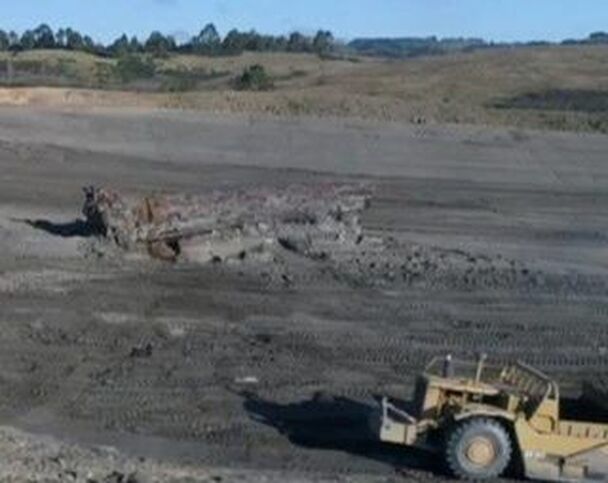
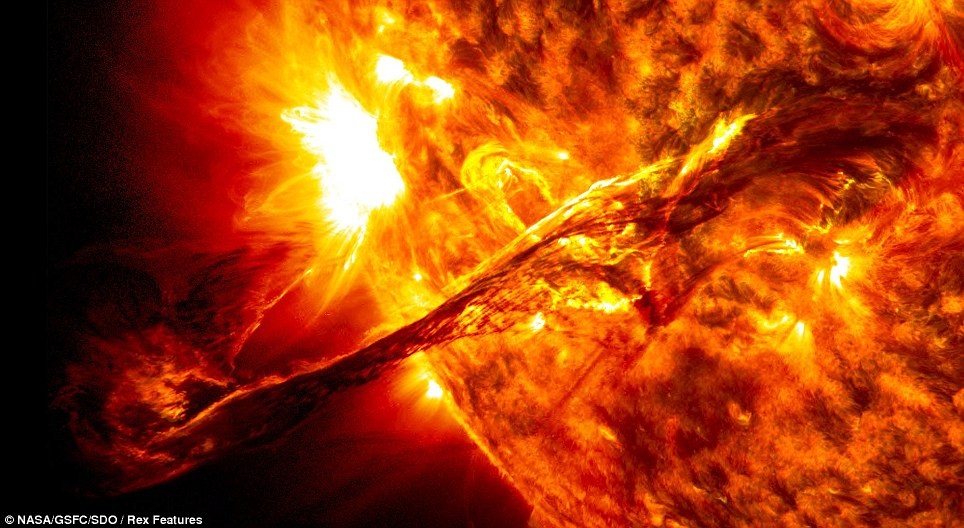
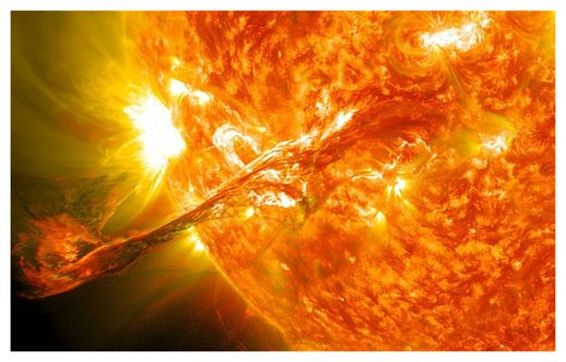
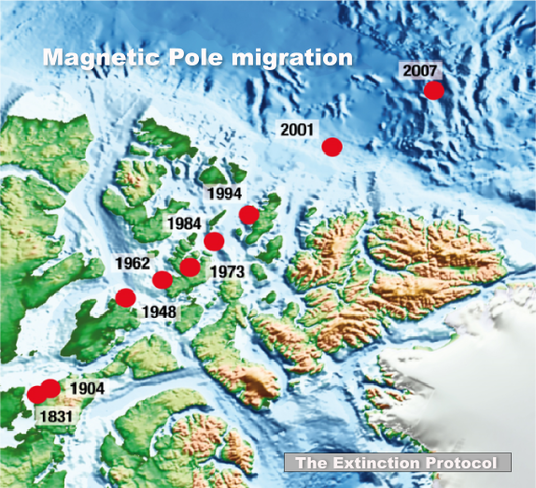
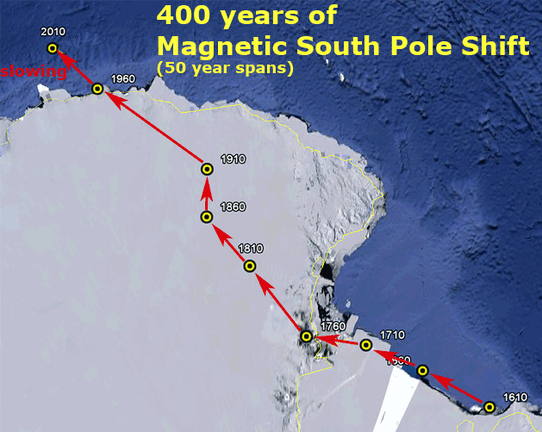
 RSS Feed
RSS Feed